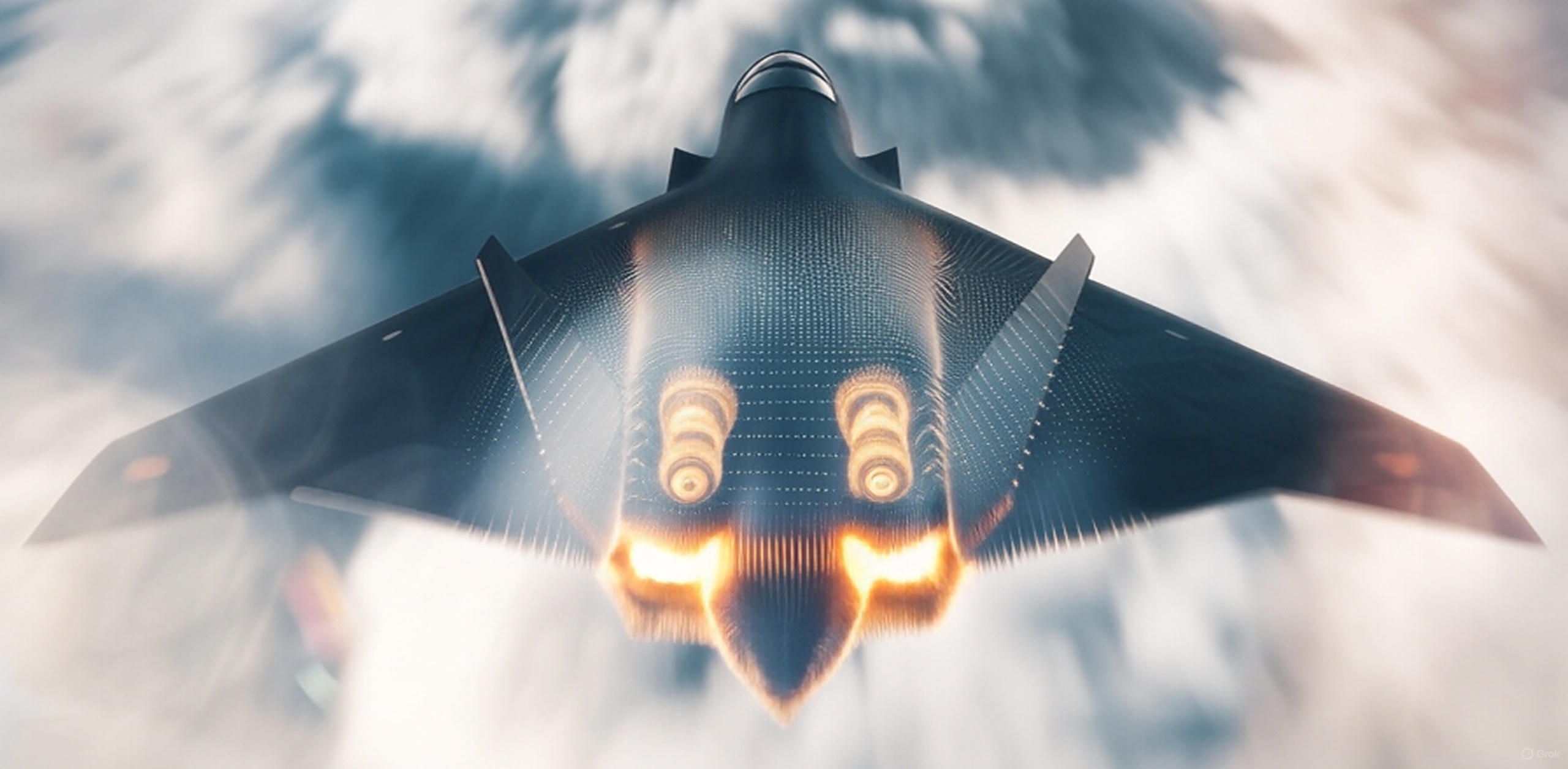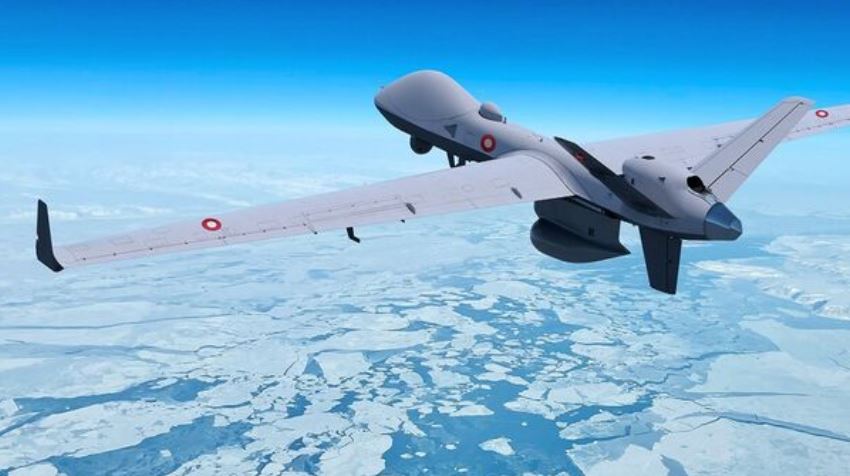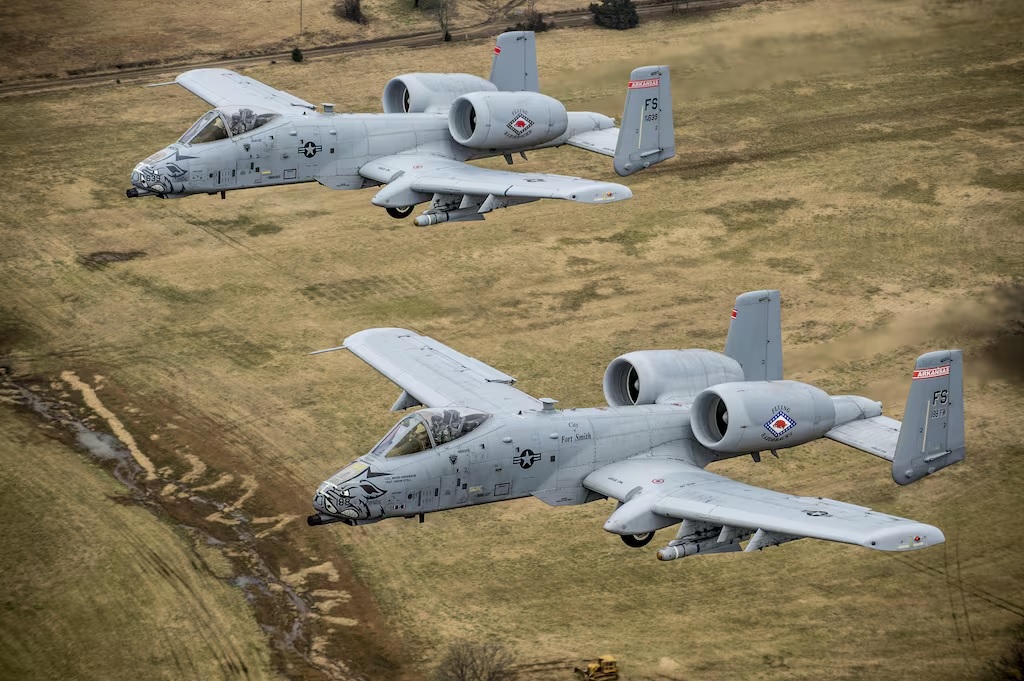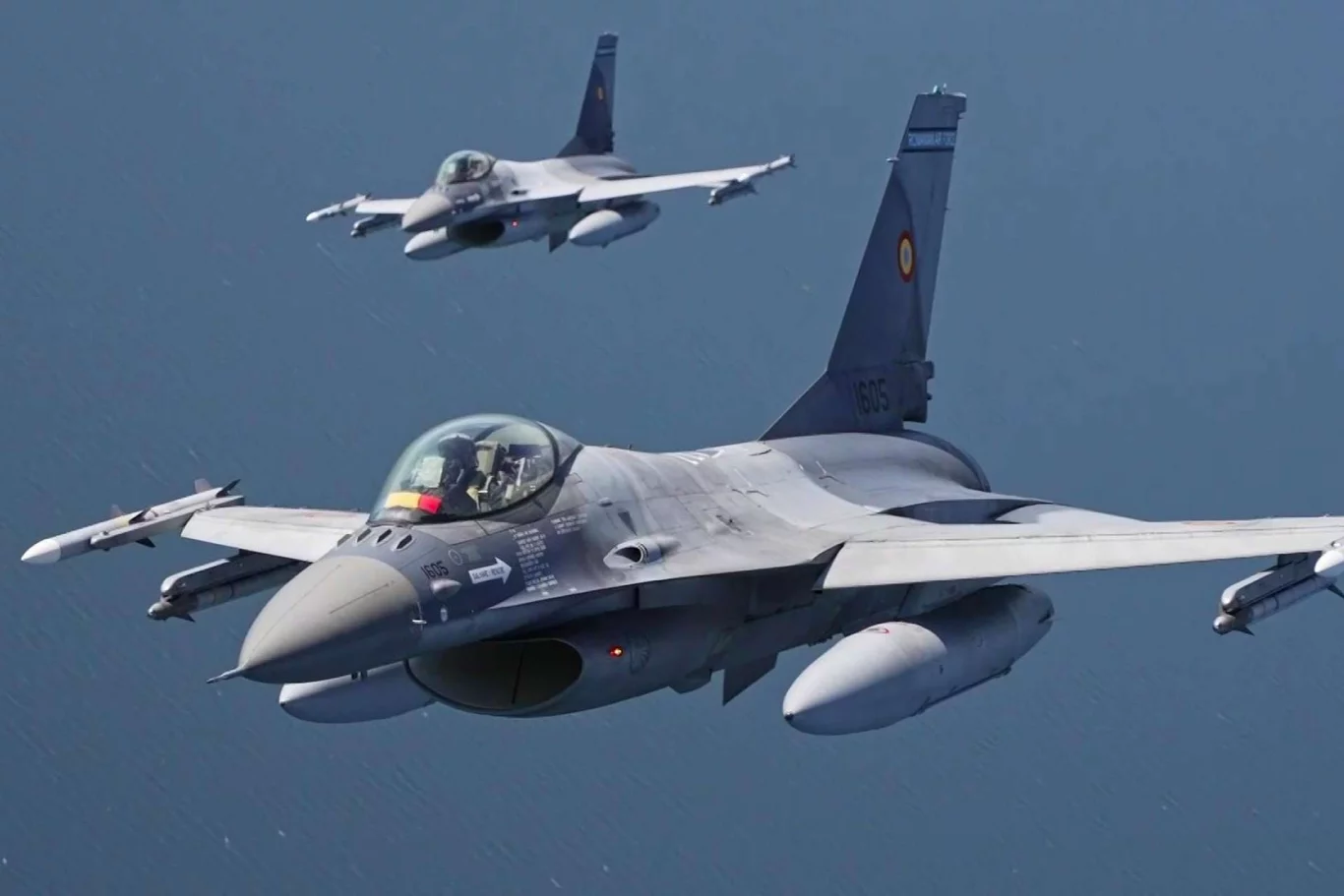Portugal is positioning itself to join the elite ranks of nations developing the next frontier of military aviation: sixth-generation fighter aircraft. As global defense dynamics shift and the demand for advanced air combat capabilities intensifies, Portugal’s ambition to participate in a multinational sixth-generation fighter programme signals its commitment to modernizing its air force and strengthening its role in European and NATO defense frameworks. This move aligns with ongoing efforts by European nations to counter emerging threats and maintain technological superiority in an increasingly complex geopolitical landscape.
Portugal’s Strategic Defense Ambitions
Portugal’s interest in joining a sixth-generation fighter programme, such as the Future Combat Air System (FCAS) led by France, Germany, and Spain, or the Global Combat Air Programme (GCAP) involving the UK, Italy, and Japan, reflects a strategic pivot toward cutting-edge defense technologies. Historically, Portugal’s air force has relied on its fleet of F-16 Fighting Falcons for air defense and NATO commitments. However, with these aircraft approaching the end of their operational life, the Portuguese government is exploring next-generation solutions to ensure its air force remains relevant and capable.
The decision to pursue sixth-generation technology is driven by several factors. First, the evolving nature of aerial warfare, which now incorporates advanced stealth, artificial intelligence (AI), networked systems, and unmanned platforms, demands a leap beyond fifth-generation fighters like the F-35. Second, Portugal seeks to enhance its defense industrial base by participating in a collaborative programme, fostering innovation, job creation, and technological expertise. Finally, aligning with major European or global partners strengthens Portugal’s position within NATO and the European Union, ensuring interoperability and shared strategic goals.
The Sixth-Generation Fighter Landscape
Sixth-generation fighters represent the pinnacle of modern aerospace engineering, designed to dominate the skies through 2040 and beyond. Unlike their predecessors, these aircraft integrate advanced technologies such as:
- Enhanced Stealth: Virtually undetectable by radar and infrared systems.
- AI and Autonomy: AI-driven decision-making and integration with unmanned wingmen or drones.
- Directed-Energy Weapons: Lasers and microwave systems for precision strikes.
- Network-Centric Warfare: Seamless data sharing with other platforms, including satellites, ground stations, and naval assets.
- Hypersonic Capabilities: Potential integration of hypersonic propulsion for unmatched speed and agility.
Two major programmes are leading the charge: FCAS, a European initiative driven by Dassault Aviation (France), Airbus (Germany), and Indra Sistemas (Spain), and GCAP, a collaboration between BAE Systems (UK), Leonardo (Italy), and Mitsubishi Heavy Industries (Japan). Both programmes aim to deliver operational systems by the mid-2030s, with prototypes expected earlier.
Portugal’s potential involvement in either programme would mark a significant step toward aligning its defense capabilities with these cutting-edge advancements. While no formal commitment has been made, discussions with FCAS partners and exploratory talks with GCAP stakeholders suggest Portugal is carefully evaluating its options.
Why Portugal’s Involvement Matters
Portugal’s entry into a sixth-generation fighter programme would have far-reaching implications for its defense posture and its role in international security. By joining a multinational effort, Portugal could:
- Modernize Its Air Force: Replacing aging F-16s with a sixth-generation platform would ensure Portugal’s air force remains competitive and capable of meeting NATO obligations.
- Boost Industrial Capabilities: Participation in FCAS or GCAP would provide Portuguese defense firms, such as OGMA (a subsidiary of Embraer), with opportunities to contribute to advanced manufacturing, software development, and systems integration.
- Strengthen Alliances: Collaborating with major powers like France, Germany, or the UK would deepen Portugal’s integration into European defense initiatives and reinforce its NATO commitments.
- Enhance Regional Influence: As a smaller NATO member, Portugal’s involvement in a high-profile programme would elevate its strategic influence within the alliance and the EU.
Moreover, Portugal’s geographic position as a western European nation with Atlantic access makes it a valuable partner in securing NATO’s southern and western flanks. A sixth-generation fighter capability would enhance Portugal’s ability to contribute to collective defense missions, including air policing and rapid response operations.
Challenges and Considerations
While the prospect of joining a sixth-generation fighter programme is enticing, Portugal faces several challenges:
- Financial Constraints: Developing and procuring next-generation fighters is a costly endeavor. Portugal’s defense budget, while growing, is modest compared to larger economies like France or the UK. Securing funding for programme participation without compromising other defense priorities will require careful planning.
- Industrial Capacity: Portugal’s defense industry, though capable, is relatively small. Ensuring meaningful contributions to a complex multinational programme may necessitate significant investments in infrastructure and workforce development.
- Programme Selection: Choosing between FCAS and GCAP involves weighing geopolitical, technological, and industrial considerations. FCAS aligns with Portugal’s European partners, while GCAP offers access to a broader global coalition, including Japan’s advanced technological expertise.
- Timeline Pressures: With both FCAS and GCAP aiming for operational deployment by the 2030s, Portugal must act swiftly to secure a meaningful role in either programme.
Despite these challenges, Portugal’s proactive engagement with both FCAS and GCAP stakeholders demonstrates its determination to overcome obstacles and seize this strategic opportunity.
The Broader European Context
Portugal’s ambitions align with a broader trend of European nations investing in next-generation defense technologies to reduce reliance on foreign suppliers, particularly the United States. The development of FCAS and GCAP reflects Europe’s desire to assert technological sovereignty and build a cohesive defense ecosystem. For Portugal, participation in such a programme would not only enhance its military capabilities but also contribute to the EU’s goal of strategic autonomy.
Furthermore, the rise of near-peer adversaries, such as Russia and China, underscores the need for advanced air combat systems. Sixth-generation fighters are designed to counter sophisticated threats, including hypersonic missiles, advanced air defense systems, and cyber warfare. By joining FCAS or GCAP, Portugal would position itself at the forefront of addressing these challenges, ensuring its air force remains a credible deterrent.
Potential Benefits for Portugal’s Defense Industry
Portugal’s defense sector stands to gain significantly from participation in a sixth-generation fighter programme. Companies like OGMA, which specializes in aerospace maintenance and manufacturing, could secure contracts for component production, assembly, or maintenance of future aircraft. This would drive economic growth, create high-skill jobs, and position Portugal as a hub for aerospace innovation.
Additionally, collaboration with industry giants like Airbus, Dassault, or BAE Systems would provide Portuguese firms with access to cutting-edge technologies and expertise. This knowledge transfer could have spillover effects, benefiting civilian sectors such as aviation, engineering, and software development.
Looking Ahead: Portugal’s Path Forward
As Portugal explores its options, several steps will be critical to realizing its ambitions:
- Formalizing Partnerships: Engaging in detailed negotiations with FCAS or GCAP partners to define Portugal’s role, contributions, and benefits.
- Investing in R&D: Allocating resources to research and development to enhance Portugal’s technological contributions to the programme.
- Securing Political Support: Building domestic consensus to justify the financial and strategic commitment to a sixth-generation fighter programme.
- Aligning with NATO Goals: Ensuring Portugal’s participation enhances its contributions to NATO’s collective defense objectives.
Portugal’s pursuit of sixth-generation fighter technology is a bold and forward-looking move that reflects its commitment to national security and international collaboration. While challenges remain, the potential rewards—modernized air forces, industrial growth, and strengthened alliances—make this a strategic priority for Lisbon.
Conclusion
Portugal’s interest in joining a sixth-generation fighter programme marks a pivotal moment in its defense modernization journey. By aligning with FCAS, GCAP, or another multinational initiative, Portugal can secure its place in the future of military aviation, enhance its strategic relevance, and contribute to the collective security of Europe and NATO. As discussions progress, the world will be watching to see how Portugal navigates this ambitious endeavor, potentially reshaping its role in the global defense landscape.




